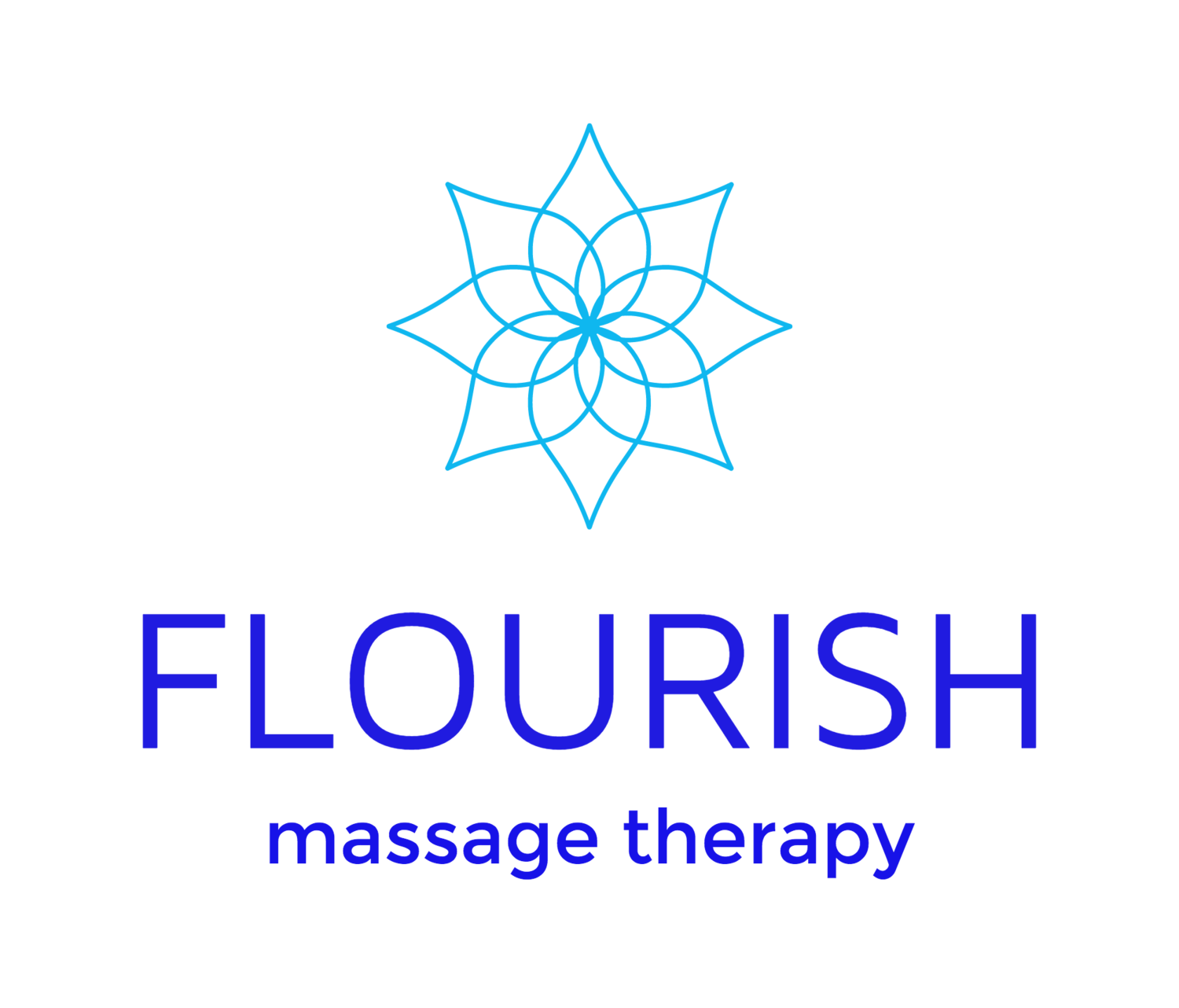And what about the Sun?
“Properly aired and sunlit, skin becomes velvety, supple tissue, absolutely immune from anything of the nature of pimples, acne, and incapable of infection. Sunshine is the finest cosmetic. Skin, well-pigmented in response to sun-bathing, becomes firm and strong, but at the same time delicate and soft. Followed, by a filling out of the exposed skin and a smoothing away of wrinkles results from sunbathing. Increased beauty is the outcome.”
This renegade advice is in Sunlight and Health, written by an English physician in 1929. In contrast, today most doctors and dermatologists wax weary about ultra-violet hazards, while public health campaigns advocate for avoidance of the sun. They tell us to shun the sun and fear exposure from even short jaunts, like walking from the parking lot to the mall. While the sun remains the same, we sure have changed. In pursuit of healthy, beautiful skin, we now avoid the sun and inject fillers into faces, apply chemicals to acne, and spray on fake tans filled with DNA damaging dihydroxyacetone.
This is the beginning of a provacative artice by Nadine Artemis, the founder of a company called Living Libations. She goes on to make these suggestions for healthy skin, which absolutely includes getting some (depending on your individual pigmentation and your base tan/lack thereof) time in the sun, and without the chemical sunscreens the media/'health" establishment/corporations have told us are essential.
(This is a summary, to read the entire article, go here)
1. What we eat absolutely affects how our skin (the part of our bodies directly absorbing the sun) reacts with it. If we eat a lot of poor quality foods, with polyunsaturated fatty acids, most of which are GMOs, mostly rancid, "The transfats, plasticizers, bromide, formaldehyde, coal tar derivatives, color and flavor additives, and fluoride, commonly found in processed foods create reactions in our bodies that trigger collagen breakdown, inflammation, age spots, and hyper-pigmentation. The rampant use of polyunsaturated-fatty-acids found in every processed food item impairs intercellular-communication, suppresses immune functions, damages our DNA, and on top of all of that, is linked to wrinkles and hyperpigmentation. The antidote to this? Eating tons of fresh vegetables, fruits, cold water fish, pasture raised animal/animal products (if we eat them), and WATER- clean, pure, and most life-sustaining if bottled from a fresh spring, locally. In the Boulder/Denver area, I recommend Eldorado Springs water.
2. Protect your skin with healthy fats. Coconut oil, olive oil, and clean, pure products. "Recover your skin's integrity. The skin’s outer layer is a thin coating of oils that provides natural anti-bacterial, anti-wrinkle, and sun-screen protection. The integrity of this layer is damaged by soaps, scrubs, chemical peels, and synthetic moisturizers. (These things also disrupt vitamin D production.) Washing and moisturizing the skin with essential oil serums and botanical oils, as well as dry brushing, regenerates the skin's top layer, supports the collagen, and feeds the skin’s immunity.
3. Sun wisely, but surely. Start early in the spring, slowly exposing your body to enough sun, that it doesn't become hot or red. Expose more and more of your body, for longer periods as it can tolerate it without becoming red or hot to the touch. The best time is in the morning, until solar noon (1pm). But again, moderate based on your skin pigmentation, begin with small exposure times, and be careful not to over-expose. Ms. Artemis says that 'sunscreens' (commercial types) allow our body to override the 'early detection' system, and therefor contribute to overexposure. Not to mention they are filled with chemicals that have been documented to have correlations with skin cancer.
4. Botanical oils are an amazing ally for our skin for sun protection.
"Plants, too, require wise interaction with the sun. Almost all plant oils offer some degree of ultraviolet protection to their own tissue – and ours. Officially, the term SPF can only be used to reference synthetic sunscreen ingredients, but plant oils do offer a range of protection that can gracefully extend our time in the sun. Plant oils of virgin coconut, jojoba, olive, and seabuckthorn applied to the skin provide a measure of sun protection. Raspberry seed oil also has potential use as a broad range sun protectant. Under a spectrometer, raspberry seed oil absorbed both UVB and UVC rays while scattering UVA; it may provide an equivalent of SPF-25.
Essential oils, the distillates of plants, are especially adept at harmonizing the sun’s rays with our skin. Rich in antioxidants and cell regenerative activity, they nourish and heal the skin:
- If you ever burn, aloe mixed with a drop or two of peppermint, lavender, or seabuckthorn offers soothing relief and quickens healing.
- The essential oils of sandalwood, geranium, frankincense, immortelle and rose can fade hyper-pigmentation and prevent abnormal cell growth.
- Scientific studies reveal that the alpha-santol and beta-santol in sandalwood essential oil are also chemo-preventative, reversing the damage of skin lesions and tumors. Other successful studies have been conducted with geranium and frankincense. "
5. Wear sunglasses only when necessary.
" Our eyes need the sunlight, too. Sunlight in the eyes is the most direct path of communication between the sun and our brains, and our good health and good mood hinges on it. When the full spectrum of light rays is intercepted in the retina, it is positively encoded in the brain and sets in motion the juicy hormones and neurochemicals that help us stay happy and healthy. This process works even if we are in the shade, but not if we are wearing shades. "
Read her full article:

